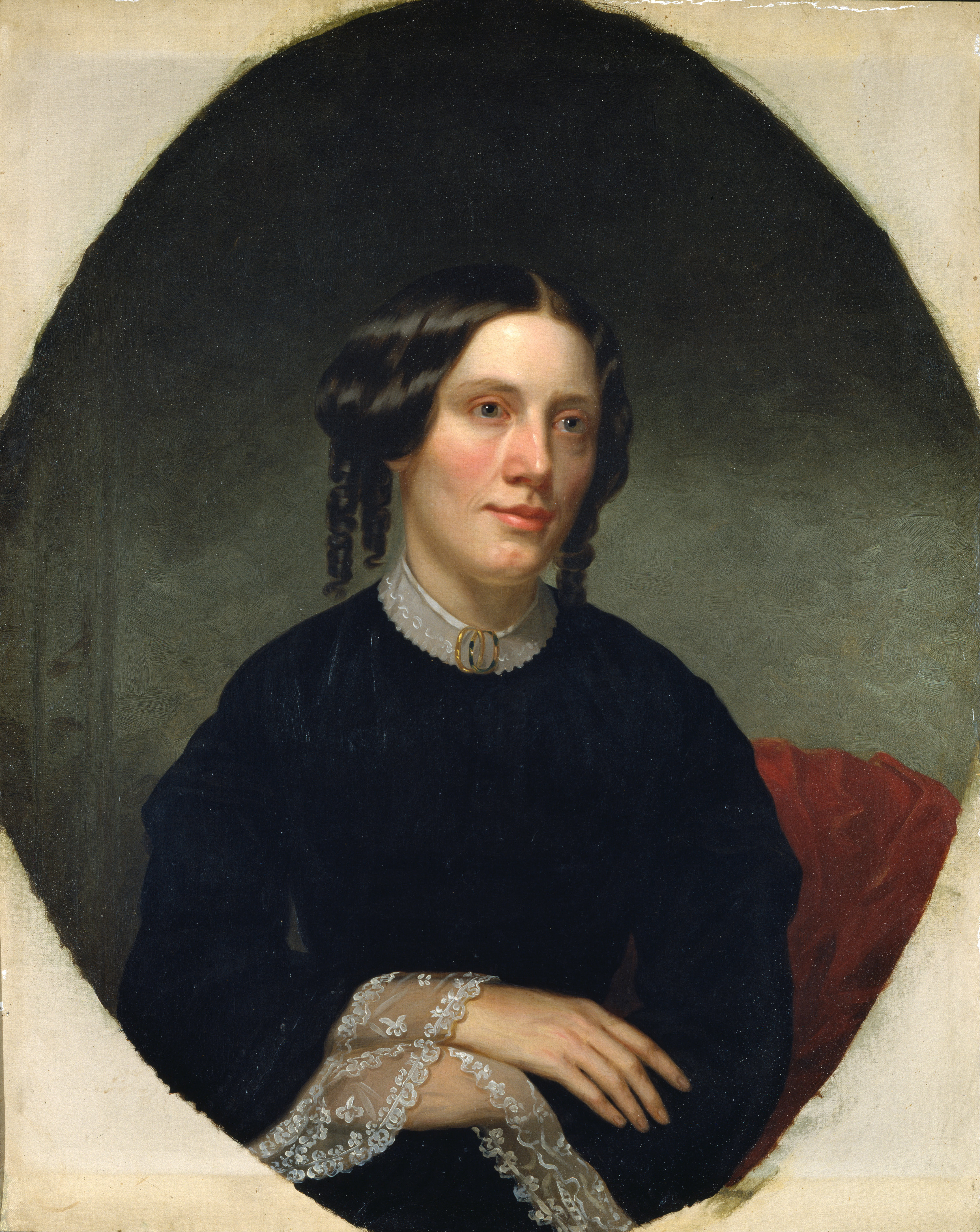Most mothers are instinctive philosophers.
Meaning of the quote
Mothers often have a natural understanding of the world and questions about life, like philosophers do. They use their experience and intuition to think deeply about important things, even without formal training.

About Harriet Beecher Stowe
Harriet Beecher Stowe was an influential American author and abolitionist who wrote the popular novel ‘Uncle Tom’s Cabin’, which had a significant impact on the anti-slavery movement in the United States and Great Britain. She was a prolific writer, penning over 30 books, and was known for her public advocacy on social issues of the day.
Tags
More quotes from Harriet Beecher Stowe
Any mind that is capable of real sorrow is capable of good.
American abolitionist and author (1811-1896)
The obstinacy of cleverness and reason is nothing to the obstinacy of folly and inanity.
American abolitionist and author (1811-1896)
Human nature is above all things lazy.
American abolitionist and author (1811-1896)
In all ranks of life the human heart yearns for the beautiful; and the beautiful things that God makes are his gift to all alike.
American abolitionist and author (1811-1896)
A man builds a house in England with the expectation of living in it and leaving it to his children; we shed our houses in America as easily as a snail does his shell.
American abolitionist and author (1811-1896)
It’s a matter of taking the side of the weak against the strong, something the best people have always done.
American abolitionist and author (1811-1896)
One would like to be grand and heroic, if one could; but if not, why try at all? One wants to be very something, very great, very heroic; or if not that, then at least very stylish and very fashionable. It is this everlasting mediocrity that bores me.
American abolitionist and author (1811-1896)
When you get into a tight place and everything goes against you, till it seems as though you could not hang on a minute longer, never give up then, for that is just the place and time that the tide will turn.
American abolitionist and author (1811-1896)
To be really great in little things, to be truly noble and heroic in the insipid details of everyday life, is a virtue so rare as to be worthy of canonization.
American abolitionist and author (1811-1896)
Perhaps it is impossible for a person who does no good to do no harm.
American abolitionist and author (1811-1896)
All places where women are excluded tend downward to barbarism; but the moment she is introduced, there come in with her courtesy, cleanliness, sobriety, and order.
American abolitionist and author (1811-1896)
Never give up, for that is just the place and time that the tide will turn.
American abolitionist and author (1811-1896)
The bitterest tears shed over graves are for words left unsaid and deeds left undone.
American abolitionist and author (1811-1896)
Everyone confesses that exertion which brings out all the powers of body and mind is the best thing for us; but most people do all they can to get rid of it, and as a general rule nobody does much more than circumstances drive them to do.
American abolitionist and author (1811-1896)
Where painting is weakest, namely, in the expression of the highest moral and spiritual ideas, there music is sublimely strong.
American abolitionist and author (1811-1896)
Most mothers are instinctive philosophers.
American abolitionist and author (1811-1896)
So much has been said and sung of beautiful young girls, why doesn’t somebody wake up to the beauty of old women.
American abolitionist and author (1811-1896)
Whipping and abuse are like laudanum: you have to double the dose as the sensibilities decline.
American abolitionist and author (1811-1896)
No one is so thoroughly superstitious as the godless man.
American abolitionist and author (1811-1896)
I did not write it. God wrote it. I merely did his dictation.
American abolitionist and author (1811-1896)
I would not attack the faith of a heathen without being sure I had a better one to put in its place.
American abolitionist and author (1811-1896)
To do common things perfectly is far better worth our endeavor than to do uncommon things respectably.
American abolitionist and author (1811-1896)
The past, the present and the future are really one: they are today.
American abolitionist and author (1811-1896)
Friendships are discovered rather than made.
American abolitionist and author (1811-1896)
A woman’s health is her capital.
American abolitionist and author (1811-1896)